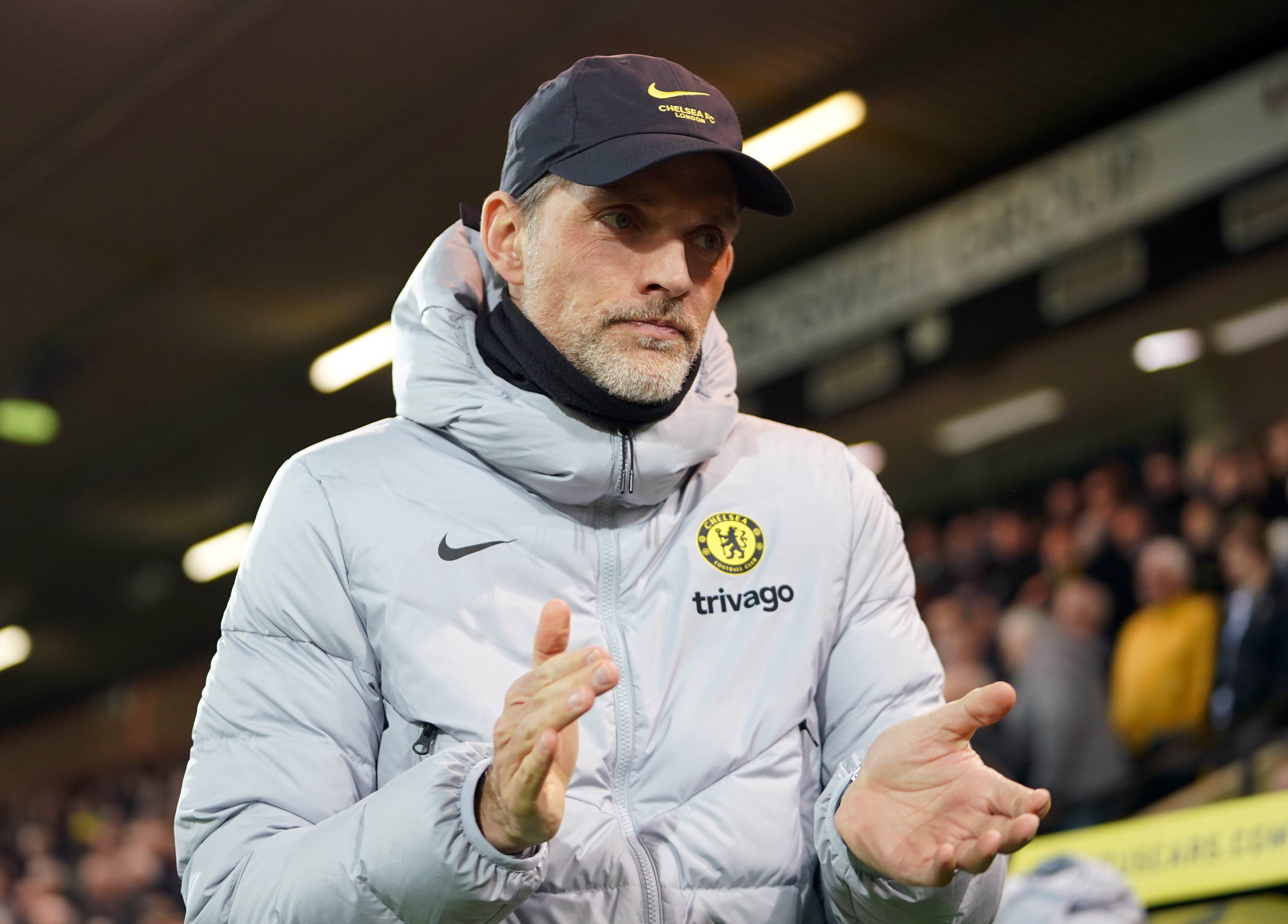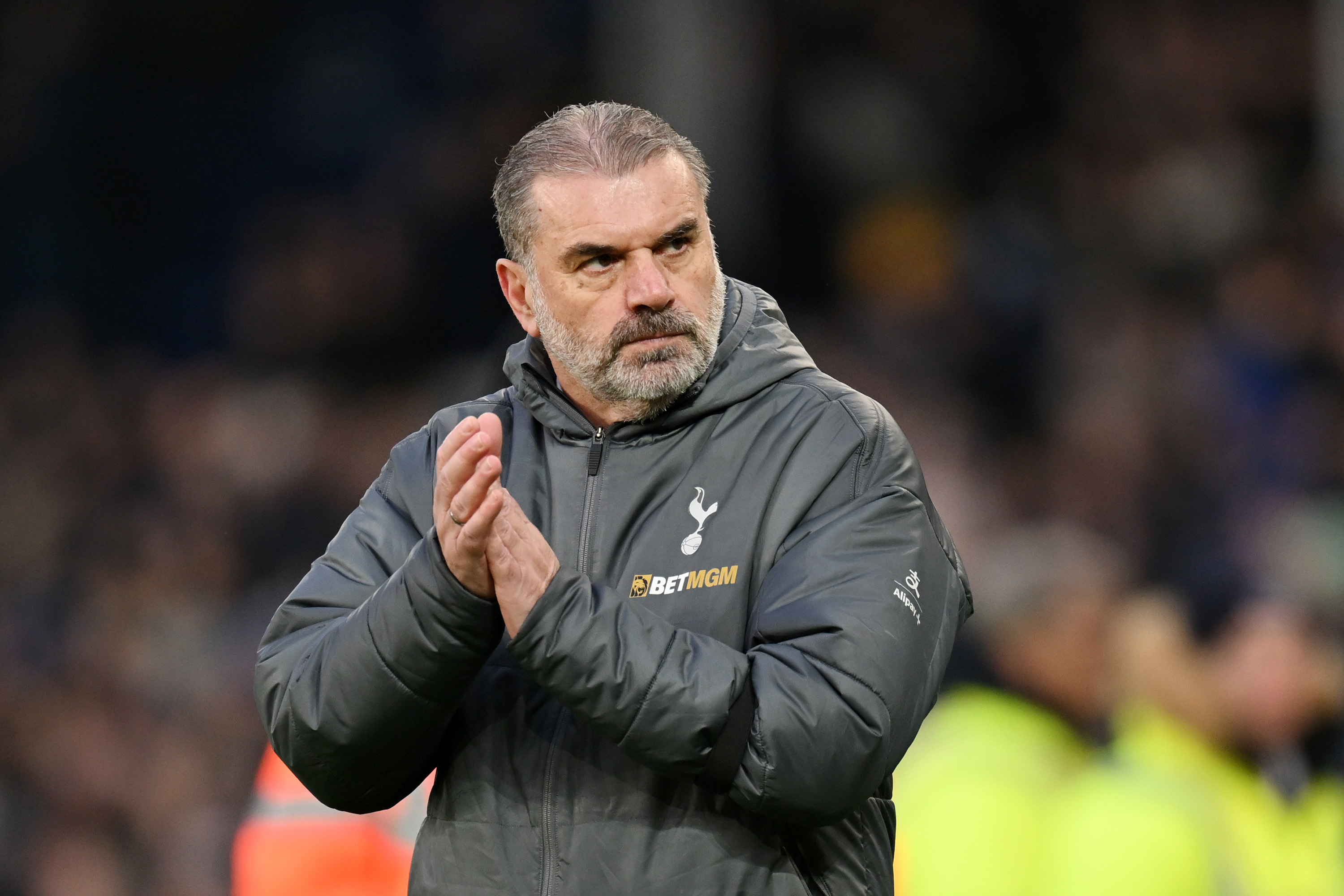Doubting Thomas: From turmoil, to European champions, and back again for Tuchel

When Arsenal thrashed Chelsea 4-0 in July, not even the pre-season element could stop the cracks appearing in Thomas Tuchel’s Stamford Bridge rein.
Chelsea had new owners, a new vision and could breathe easily again after months of worry and uncertainty at the end of Roman Abramovich’s ownership.
The Blues were meant to be buoyantly touring their new owners’ homeland, but instead had battled travel, troublesome performances and results amid a tetchy undertone.

Raheem Sterling and Kalidou Koulibaly joined the tour as major signings and statements of intent from Todd Boehly and Behdad Eghbali.
But while the transfer work was whirring into life, Tuchel had started to wind down communications with Chelsea’s new owners – and also his players.
The charismatic and engaging German coach had seemed to have lost some of his lustre, and Chelsea’s new owners were already understood to be sensing a shift.
That gradual decline in effective performance, as well as communication issues off the field, eventually left Chelsea’s new bosses with what they considered no choice but to make a change.
Get FourFourTwo Newsletter
The best features, fun and footballing quizzes, straight to your inbox every week.
As the landmark moment of 100 days at the helm hurtled into view for Boehly and Eghbali, Chelsea’s new owners opted for a fresh start.
So even before Chelsea lost 1-0 at Dinamo Zagreb in a stunning microcosm of all the growing troubles under Tuchel, the Blues bosses had already decided to sack their manager.
Tuchel swept in and steered Chelsea from turmoil to Champions League triumph in just 124 days, after replacing Frank Lampard in January 2021.
But then Russia invaded Ukraine, the UK Government imposed sanctions on Abramovich and the Chelsea owner had to sell the club.
Chelsea Football Club part company with Thomas Tuchel.— Chelsea FC (@ChelseaFC) September 7, 2022
The Blues spent months fearing fixtures not being fulfilled and fighting for access to daily operating funds.
Abramovich had transformed football forever when buying Chelsea in 2003, but his position was untenable and he facilitated a quickfire sale to US magnates Boehly and Eghbali.
Tuchel won many plaudits for his statesmanlike conduct during the sale process, but that poise increasingly deserted him as his Stamford Bridge tenure unravelled.
Boehly took the role of interim sporting director as Marina Granovskaia and Petr Cech left the club, handing Tuchel major influence on Chelsea’s transfer policy.
The Blues shelled out a single-window record £273million on new recruits, but still tactical problems persisted on the field.
Boehly and Tuchel agreed to let £98million club-record recruit Romelu Lukaku return to Inter Milan on loan, after player and manager had fallen out.
Boehly was understood to have been keen to bring Cristiano Ronaldo to Chelsea this summer, but Tuchel insisted that a move for the Portugal stalwart would not fit his tactics.

Tuchel never wanted such influence on transfers, and never made that a secret.
The passionate coach had felt freed up by the Abramovich set-up to focus solely on coaching, and was genuinely happy to work with the players he was given.
The extra responsibilities of coupling coaching with recruitment loaded extra stress onto Tuchel, and in the end that balancing act proved unmanageable.
Chelsea’s fluency in front of goal evaporated at the start of the new campaign however, and a lack of killer instinct in the end proved a problem too far for the German manager.
Three defeats in seven matches to open the new campaign was enough of an issue, but Boehly and Eghbali had examined Tuchel’s 100 matches at the helm in far greater detail.
Chelsea conceded just 24 goals in Tuchel’s first 50 matches in charge, but leaked 53 in his second 50 games at the helm.
Chelsea’s new board were left to admit a lack of confidence that Tuchel had the will, energy or drive to reverse the negative trends starting to bite on the field.
The Blues were also harbouring an increasing number of disgruntled players said to be confused by Tuchel’s changeable tactics.
Clarity of instruction had proved Tuchel’s initial strength at Chelsea, but in the end that evaporated along with his tenure.
The Blues’ new owners had arrived with high hopes of building a long-term future around Tuchel but felt they could not allow the squad to drift any further.
